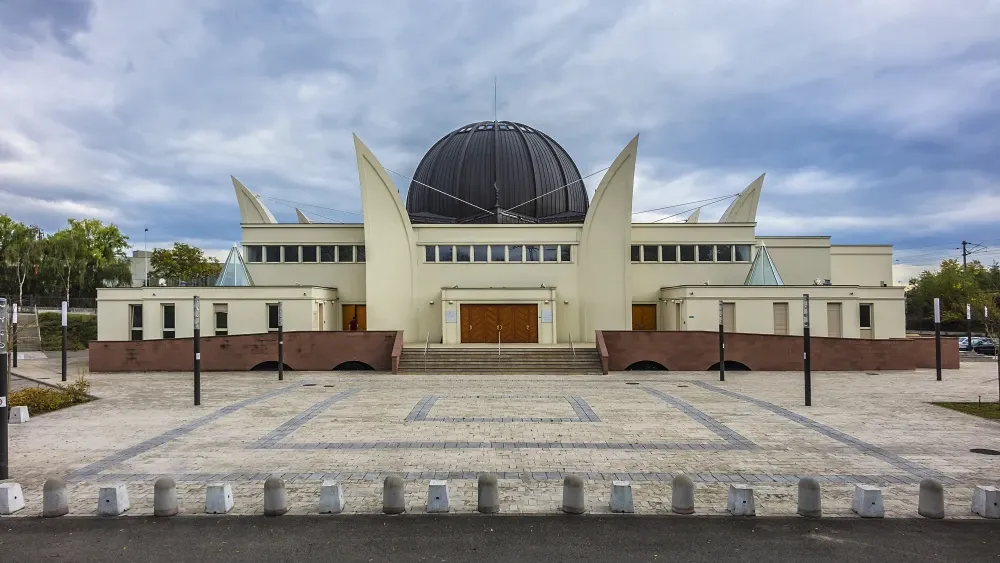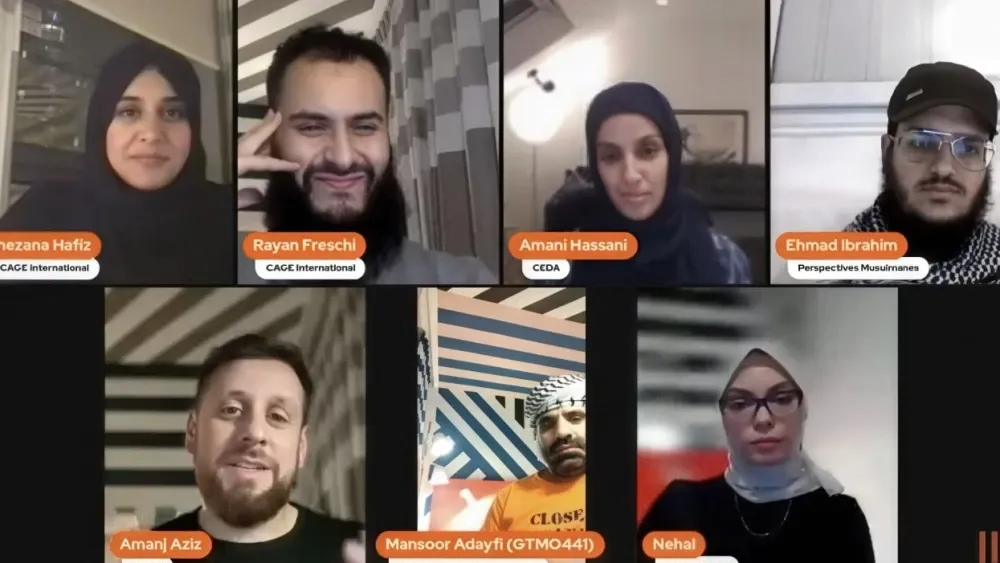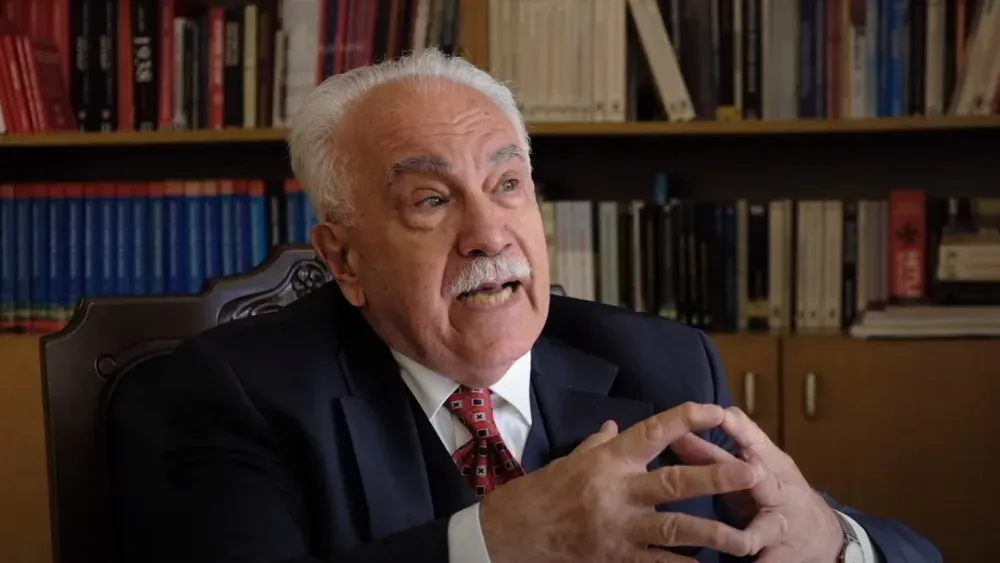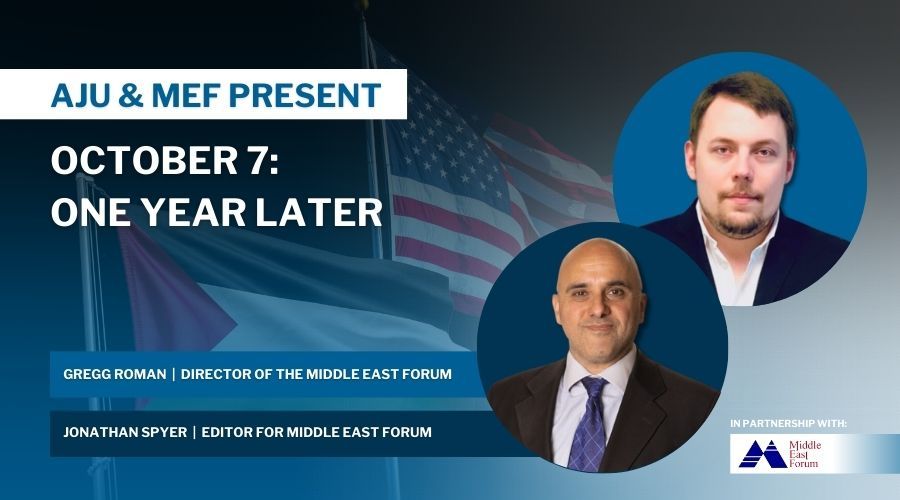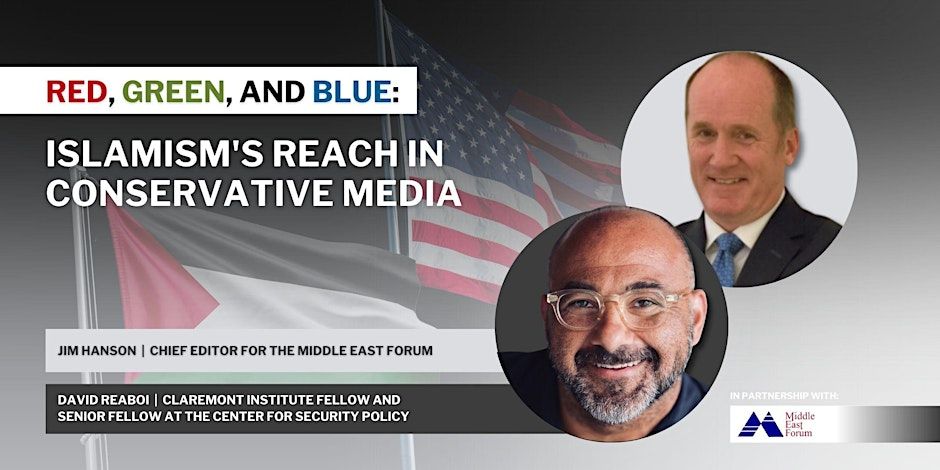| ||
 | ||
| Stalled Missions and New Divides: The French Identity Crisis and the U.N.'s Failures in Africa By Ahnaf Kalam ● Oct 25, 2024 Smart Brevity® count: 4.5 mins...1170 words Today’s MEF Dispatch analyses unrest, political tensions, and stalemates from the U.K to Northern Africa. In Western Sahara, the United Nations mission remains at an impasse, decades after its founding, with Morocco and Algeria locked in a stalemate that continues to destabilize the region. In Strasbourg, a striking decision to fund the construction of Europe’s largest mosque while the city’s historic cathedral sits unlit after dark reveals Europe’s disturbing cultural priorities amid shifting demographics. Across the globe, tensions mount as anti-American sentiment rises in Turkey, where a government-backed attack on U.S. Marines exposes deeper political rifts. Meanwhile, Israel faces ongoing threats from Iranian proxies, while in the media landscape, conservative outlets wrestle with narratives surrounding Islamism, disinformation, and the risks of ideological divides. Plus, MEF’s Gregg Roman and Jonathan Spyer discuss the October 7 attacks one year later. | ||
It Is Time to End the U.N. Mission in MoroccoThe U.N.’s mission in Western Sahara, aimed at organizing a referendum, has yet to fulfill its purpose despite decades of presence and significant expenses. Why it matters: The ongoing conflict between Morocco and Algeria over the Western Sahara has persisted for nearly half a century, affecting regional stability and costing donor nations millions.
The big picture: The Western Sahara’s historical ties to Morocco date back centuries, with Morocco having controlled the region since 1975.
What’s next: As U.N. Special Envoy Staffan de Mistura proposes partitioning the region, it raises concerns about reviving colonial legacies and sustaining refugee crises.
| ||
Lights Out at Strasbourg Cathedral as City Finances Huge New MosqueStrasbourg’s decision to turn off cathedral lights contrasts sharply with its financing of a massive new mosque. Why it matters: The cathedral, a symbol of Gothic heritage, is in darkness to save energy, while the city funds a €2.5 million mosque project.
By the numbers: Strasbourg now hosts 22 mosques, reflecting a broader trend across France where over 410 new mosques are under construction.
What they’re saying: Algerian novelist Boualem Sansal warns of an impending cultural shift, stating, “Islam is preparing to conquer France.”
| ||
U.K. Islamists Celebrate October 7 by Accusing West of Waging ‘War on Humanity’CAGE International’s anniversary event criticizes Western nations’ counterterrorism efforts, ignoring the October 7 massacre’s brutality. Western Double Standards: The webinar, attended by 500, accused Western democracies of unjustly targeting Muslim communities.
Framing a Global Conflict: The narrative positioned October 7 as a catalyst for a broader “war on Gaza.”
Ideological Divide: CAGE’s stance reflects persistent ideological tensions, complicating counter-extremism efforts.
| ||
Attack on U.S. Marines Sanctioned by Govt. of Turkish President ErdoğanA September attack in Izmir, Turkey, on U.S. Marines was part of a state-backed influence operation by neo-nationalists. Political Maneuvering: The attack, orchestrated by the Turkish Youth Union, was sanctioned by President Erdoğan’s government as part of domestic influence efforts.
A History of Impunity: Perinçek’s youth organizations have repeatedly attacked U.S. troops without facing serious consequences.
Deep-Rooted Influence: Despite low electoral support, Perinçek’s groups hold sway through connections in Turkish intelligence and law enforcement.
| ||
WATCH: Jonathan Spyer and Gregg Roman on October 7 – One Year LaterA podcast by the Middle East Forum and American Jewish University discusses the ongoing implications of last year’s attacks on Israel. Three-Phase Conflict: Jonathan Spyer outlines Israel’s engagement in a three-phase war since October 7.
Iran’s Escalation: Iran’s ballistic missile attacks on Israel demand a strong response.
Strategic Challenges: Gregg Roman emphasizes internal and external pressures on Israel.
| ||
WATCH: David Reaboi and Jim Hanson on Islamism’s Reach in Conservative MediaA podcast by the Middle East Forum and American Jewish University explores how conservative media covers Islamism. Evolving Media Landscapes: David Reaboi discusses the shift in media environments from traditional to social media.
Disinformation Challenges: Jim Hanson highlights the role of non-standard media in spreading false narratives.
Finding Balance: Both speakers emphasize the need for balanced information and credible voices in media.
| ||
| The latest MEF Dispatch reveals the dangers of bureaucratic paralysis in matters foreign and domestic, as a sclerotic U.N. again proves itself incapable of adapting to realities on the ground, even as local government in France puts the “green agenda” before its own cultural survival. We revisit the attacks of October 7 to draw lessons from that day, while British Islamists openly celebrate its unspeakable horrors and blame Israel and the West for the ensuring war. Stay tuned for the next edition of MEF Dispatch for further updates. Sincerely, | ||
| Feedback Please share your thoughts on this edition. Was this edition useful? Your responses are anonymous | ||
| Powered by | ||
| ||



